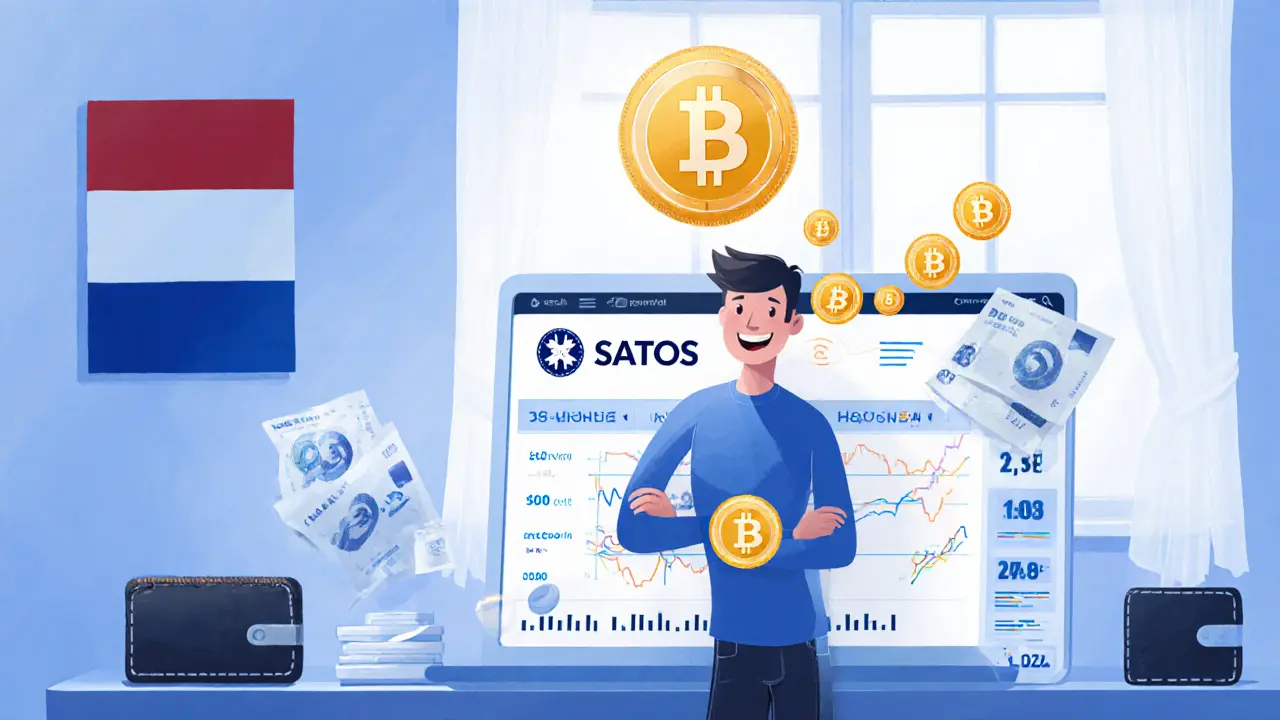Regulated Crypto Exchange: What It Means and Which Ones Actually Matter
When you hear regulated crypto exchange, a cryptocurrency trading platform that operates under government oversight with verified licenses and compliance protocols. Also known as licensed crypto exchange, it’s the difference between trading safely and losing everything to a shell company with no accountability. Most crypto platforms today claim to be secure—but only a fraction are truly regulated. That means they follow rules like KYC for crypto, the process of verifying users’ identities to prevent fraud and money laundering, report transactions to financial authorities, and keep customer funds separate from company assets. Without these, you’re not trading—you’re gambling with your crypto.
A regulated crypto exchange, a cryptocurrency trading platform that operates under government oversight with verified licenses and compliance protocols doesn’t just say it’s safe—it proves it. Look for licenses from bodies like the EU’s MiCA framework, the U.S. FinCEN, or Japan’s FSA. These aren’t just stickers on a website. They mean the exchange has passed audits, maintains cold storage, and has legal obligations to users. Compare that to platforms like Welcoin or Zeddex, which pretend to be exchanges but have no regulatory backing. They vanish overnight. Real regulated exchanges? They’re the ones that survived the 2022 crash because they had compliance systems in place. E3 Compliance Technologies isn’t an exchange—it’s the backbone that helps real exchanges meet MiCA compliance, the European Union’s comprehensive regulatory framework for crypto assets. That’s the kind of infrastructure you want behind your trades.
Why does this matter? Because if your exchange isn’t regulated, you have no legal recourse if it gets hacked, freezes withdrawals, or disappears. Thailand’s crypto tax rules only apply to trades on licensed platforms. India’s 30% tax and 1% TDS only track activity through FIU-IND registered exchanges. Even Cuba, where crypto is used out of necessity, relies on regulated channels for remittances. The truth? You don’t need zero fees or flashy airdrops. You need a platform that answers to someone besides its founders. Below, you’ll find real reviews of platforms that either meet these standards—or fail them hard. No fluff. No hype. Just what’s working, what’s not, and who’s actually playing by the rules.
SATOS Crypto Exchange Review: Regulated Trading for Dutch Users in 2025
SATOS is a regulated Dutch crypto exchange offering secure, compliant trading for residents. With 1% fees, limited payment options, and full DNB oversight, it's ideal for safety-focused users who speak Dutch.
Details +